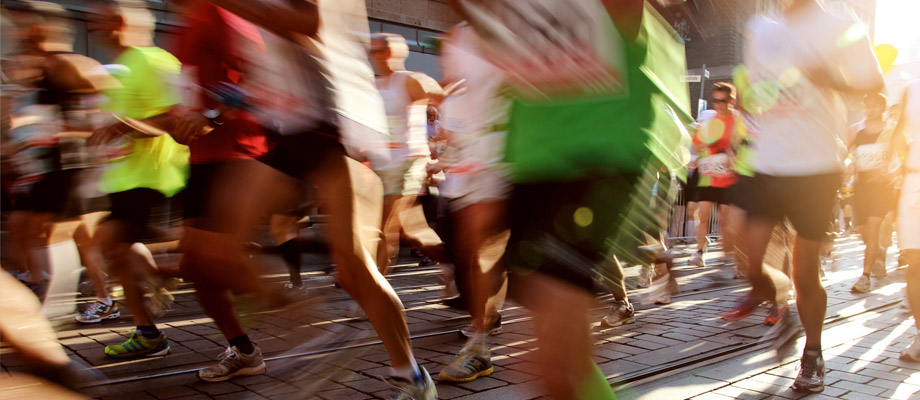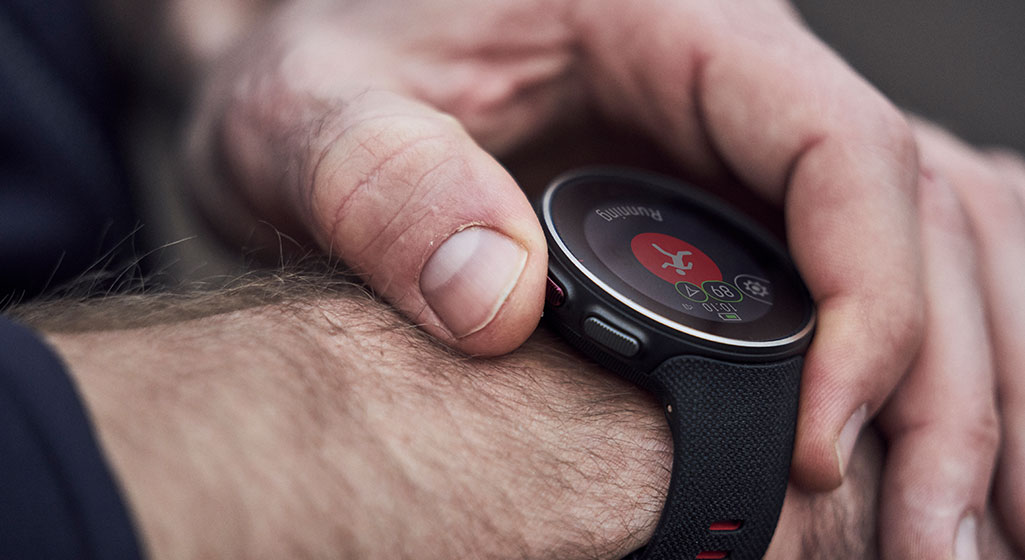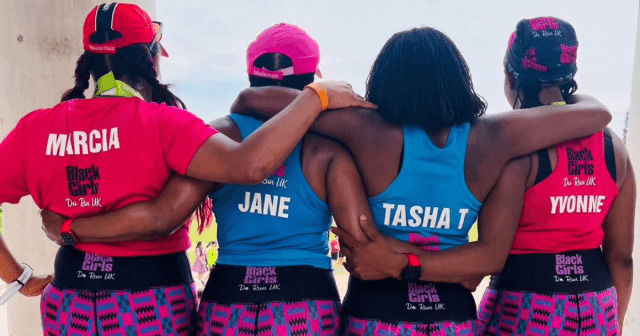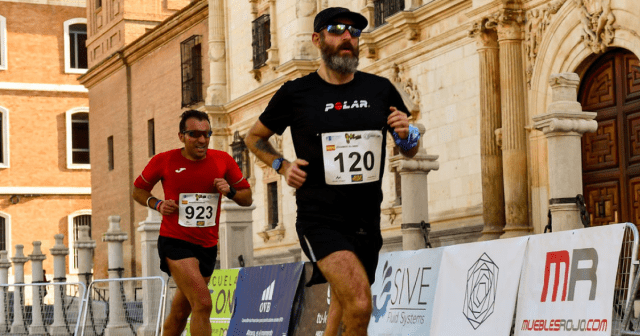The good news is that you’ve just crossed the finish line. You should celebrate, but now is also the time to start thinking about your post-marathon recovery. What you do after your race will make a huge difference in how soon and well you recover after a marathon – or any other big race, for that matter.
That throbbing in your legs and inability to catch your breath isn’t exclusive to you. Everyone who has completed 26.2 miles feels some sort of pain, and your post-race actions make a huge difference in how soon you recover from a race.
While passing out on your hotel bed and not moving for a month may sound like a great option at the time, we highly recommend you take action to keep some of the post-race soreness at bay.
Here’s running coach Jess Underhill’s advice on what to do hours and days after the marathon to boost recovery and ease getting back to training.
Before Really Getting into Marathon Recovery
Before you get too serious about recovery, first enjoy the Instagram moment immediately after crossing the finish line. Wear your medal, find your friends and family and take pictures. You’ve earned it.

30 Mins Post Marathon – Grab the free stuff!
This is where the recovery process begins.
Once you’ve given out all your sweaty hugs, it’s time to get serious (about SWAG). As you walk through the finish chute, aside from filling your race bag full of post-race paraphernalia, volunteers will also usually be handing out water, bananas, recovery drinks, etc.
At this point, you should replenish your glycogen stores, and fuel your damaged muscles with some protein, ideally within 30 minutes after the race, so take advantage of what’s on offer.
Speaking of free stuff, don’t walk straight past the thermal blankets being handed out. Once the adrenaline wears off and your HR drops, you’ll cool down pretty fast, so something to keep warm is a good idea.
1 Hour Post Marathon – Take A Cold Bath
While the walk back to the hotel may feel like a death march, it’s actually a great way to help flush out your muscles.
Once back, soak in a cold bath for about 10 minutes before taking a shower. The cold water can help with inflammation, can slow any further damage to your muscles, and boost circulation.
1.5 Hours Post marathon – Stretch and ROll
Once you’ve dried off and found your comfy sweats, lay in bed (or on the floor) and put your feet up on the wall. The higher you can keep them, the better.
A 20- to 30-minute session with your feet up will help drain some of the blood from your sore legs.
This is also a great time to stretch and foam roll your legs out.
2 hours POST MARATHON – Refuel to Recover
By now those post-race potato chips and protein drinks are long gone. Lunch or dinner at a restaurant after the race is not only a nice way to reward your efforts, it also goes some way in sourcing the calorific food you’re probably craving, and may even benefit from.
Let’s not forget, you’ve probably burnt through a substantial amount of calories during your race, that energy needs replacing.
Just A TIP:
If you can, book your restaurant of choice in advance – you’ll probably be one of the thousands looking to refuel.
2+ Hours post marathon – Keep It Moving
Despite feelings to the contrary, being stagnant is one of the worst things to do after a race.
Walking for a few minutes each hour will flush the toxins out of your legs and keep them from tightening up, so keep on moving.
Day 1 Post Marathon – Do active Recovery
The day after the race can be a mixed bag of emotions and physical “symptoms”. Expect to wake up feeling a little sore, but also be prepared for the post-race blues. It’s totally normal to feel lost after following a training plan for so long.
Don’t do any hard workouts for a minimum of two weeks.
You can begin active recovery the day after a big race. In fact, most people will feel better if they go for a walk and do some gentle foam rolling and stretching.
If you do include active recovery, make sure it’s actually recovering: Don’t go to a 90-minute spin class and call it recovery just because it’s not a 20-mile run.
It’s crucial to plan your recovery instead of just going by feel because you’ll probably feel more recovered than you actually are.
Jess Underhill prescribes a two-week recovery plan for her runners, which includes zero running and active recovery beginning the day after the race.
Week 1 Post marathon – Keep it simple and easy
You may feel ready to run or ride again just a few days after your race, but the physiological stress from running a marathon lasts longer than the feelings of soreness will.
Week one activities should be simple and easy, including 30-minute walks with lots of foam rolling and dynamic stretching, restorative yoga sessions, and lots of rest days.
Although it’s good to get moving soon after the race to help work out the lactic acid the body accumulated, you should also work rest into your marathon recovery plan.
WEEK 2 Post Marathon – Don’t overdo it!
Having a workout schedule to follow will help you feel more grounded while proceeding with caution.
After taking a break and giving yourself time to do whatever workouts you want to do – or don’t want to do – create a weekly workout schedule that’s fun and not super strict.
During week two, the schedule usually includes one or two workouts on the bike or elliptical to encourage recovery and make sure the runner isn’t overdoing it too soon, in addition to an easy yoga class or two and additional rest days.
Treat yourself, for example, with a massage – and then start figuring out how you can come back stronger.
WEEK 3 Post marathon – Plan your comeback
After you’ve recovered, identify any weaknesses or muscle imbalances that you’ve accumulated during the season, and get to work on those. Hire a coach, physical therapist, massage therapist, or registered dietitian to help you come up with a plan to correct these things during the off-season.
You’ll have more time to devote to these things when you aren’t spending all your weekends running for hours on end!
If you liked this post, don’t forget to share so that others can find it, too.
Or give it a thumbs up!
I like this article
Please note that the information provided in the Polar Blog articles cannot replace individual advice from health professionals. Please consult your physician before starting a new fitness program.






